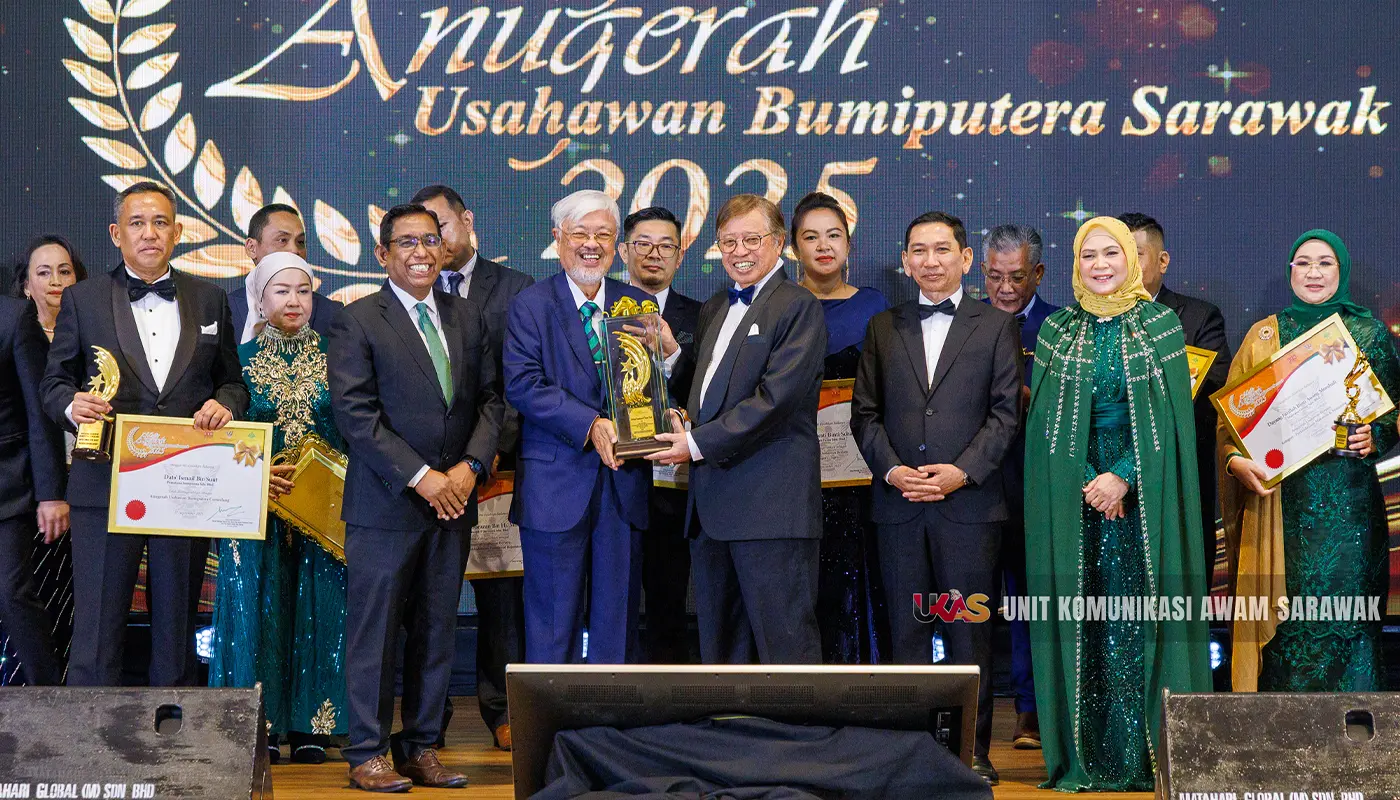KUCHING – The state government is strategically leveraging its self-regulated, competitive electricity tariffs to attract new investments and drive economic growth.
This approach capitalises on Sarawak’s abundant renewable energy resources, primarily hydropower, to offer some of the most competitive unsubsidised power rates in Southeast Asia.
Premier Datuk Patinggi Tan Sri Abang Abdul Rahman Zohari Tun Openg recently emphasised that controlling energy costs is a cornerstone of the state’s economic strategy.
He stated that cheaper electricity tariffs compared to regional competitors make Sarawak a highly attractive destination for investors.
The state’s unique advantage stems from its control over numerous rivers, facilitating not only low-cost hydropower, but also positioning Sarawak as a future producer and exporter of green hydrogen.
Sarawak Energy offers an average tariff of approximately 28 sen per kilowatt-hour for its customers, which is highly competitive for the region.
For major industries requiring over 5 MW of power, the state provides long-term Power Purchase Agreements (PPAs) of up to 20 years, ensuring energy price security, a critical factor for energy-intensive businesses like aluminium smelters and semiconductor manufacturers.
This strategy is integral to the Sarawak Corridor of Renewable Energy (SCORE) initiative.
The influx of investment is expected to generate significant high-paying job opportunities. In response, the government is focusing on developing a skilled local workforce, with training aligned to the needs of priority sectors such as gas, petrochemicals, and semiconductors.
Sarawak’s broader development framework, including the Post-Covid-19 Development Strategy 2030 (PCDS 2030), aims to build a resilient, innovation-led economy.
Beyond attracting industry, Sarawak is actively strengthening its role as a regional renewable energy powerhouse.
Recent collaborations, such as a memorandum of understanding with the Asian Development Bank, aim to advance cross-border electrical connectivity projects, including the Borneo Grid and the Sarawak-Singapore Interconnection.







